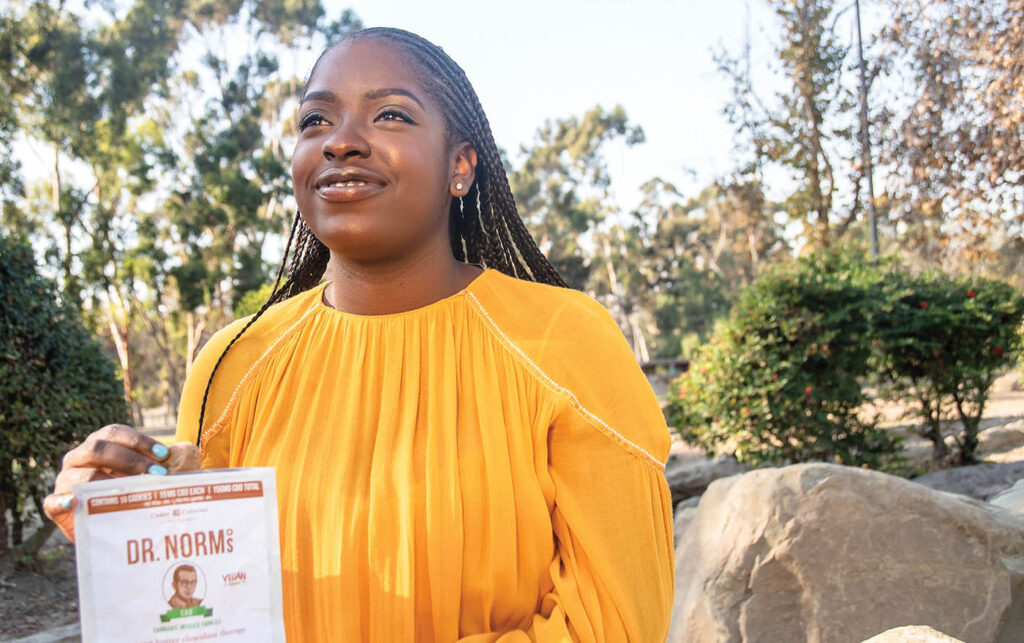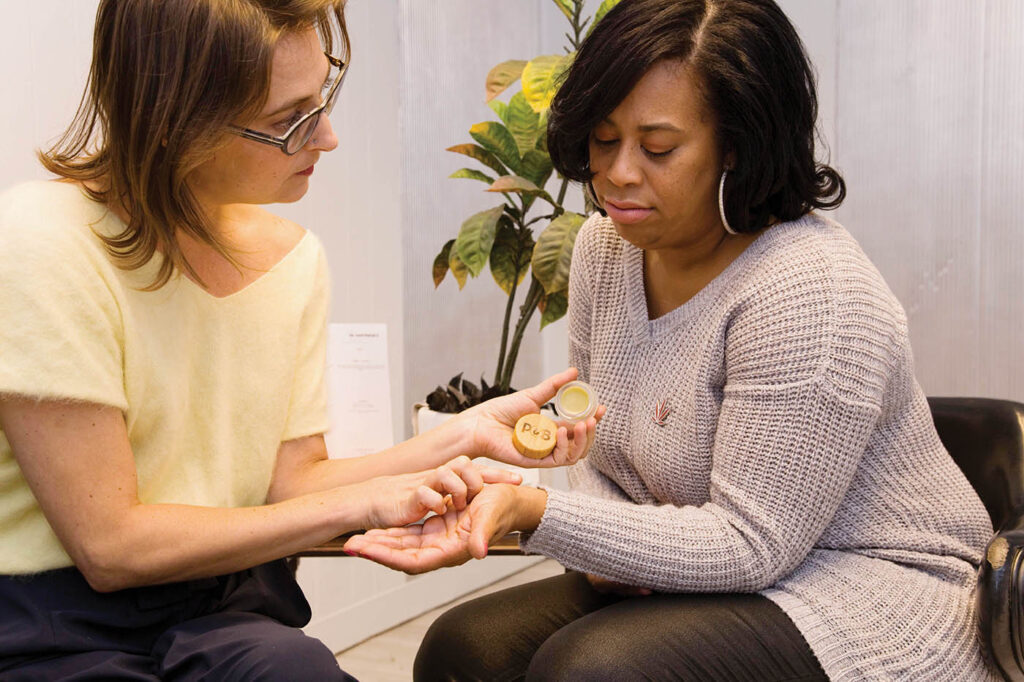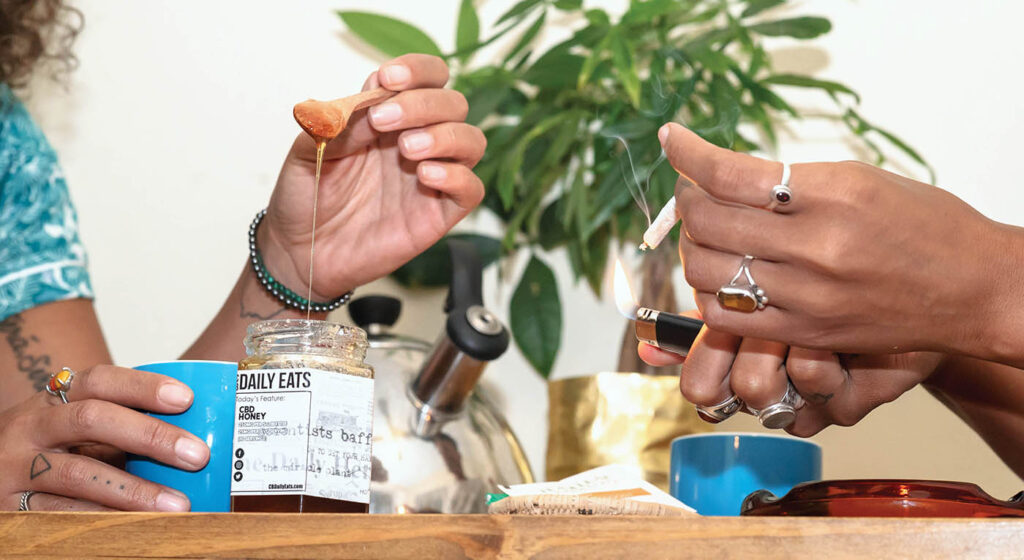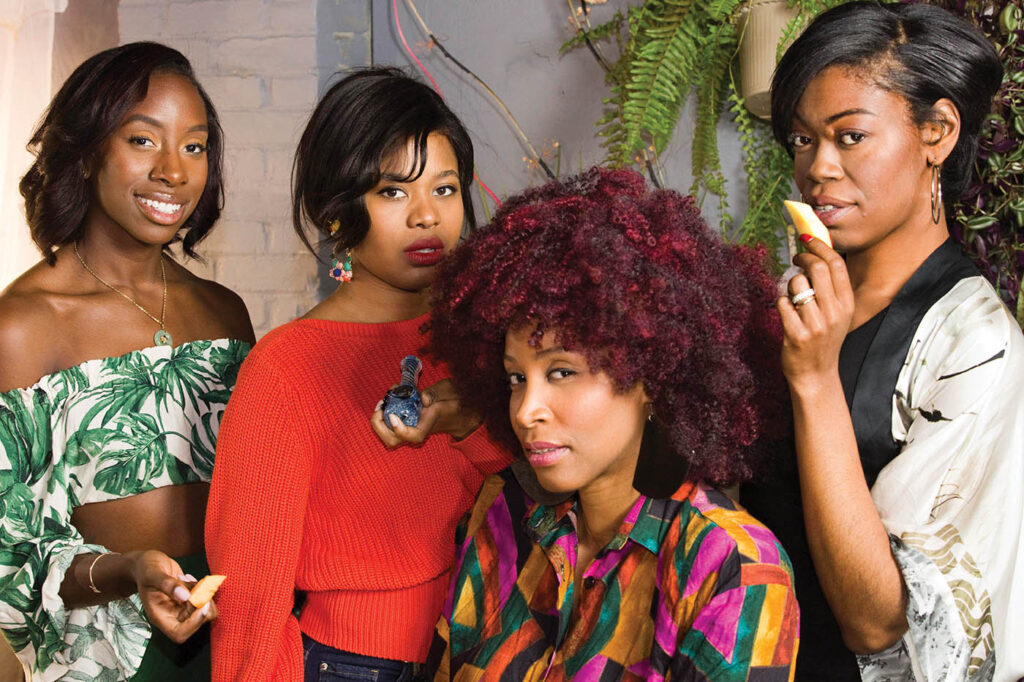Social media messages supporting Black, Indigenous, and people of color (BIPOC) communities and causes are not difficult to find. But social media support is no substitute for real-world action in areas including meaningful investment, partnerships, and marketing programs. Cannabis industry activists who monitor the progress of social equity programs in the public and private spheres are frustrated and disappointed by the progress—or lack thereof—in an industry expected to generate $30 billion in sales next year. A more diverse community should be able to access that pie.
One of the first groups to help nudge cannabis companies in the right direction is Cannaclusive, a team of marketing and business consultants that has spent the past five years promoting and facilitating fair representation of minority cannabis consumers. Co-founder Mary Pryor is one of many operators and activists who are unimpressed with what they’ve seen in an industry that talks a big game about social equity and inclusivity but fails to follow through.
“No company is really making a big difference,” she said. “People are doing stuff, but is it really groundbreaking in a way that’s providing access no one’s ever seen before? No. Is there room for improvement? Absolutely. There are programs that are happening, that are doing small things with corporations, but they’re not making the change you think they’re making based on their press releases.”
Defining inclusion
One of the most fundamental services Cannaclusive provides to its clients is defining what inclusivity and diversity actually mean in the context of running a cannabis company. When Pryor meets with prospective clients, she first tries to explain how and why incorporating the concepts into their brands can be advantageous for the company’s culture, employees, and customers.

“I try to break things down so people understand how it all goes together,” she said. “I coach people through that reality, but pretty often people are thinking, ‘I’m scared and I don’t understand why we need to think about this.’ There are a lot of reasons why people realize they should reach out to us, and when it comes down to the bottom line, companies should understand inclusivity is good for business in America.”
When Pryor explains high-level marketing and media concepts, she certainly knows what she’s talking about. Over the course of her career, she has been a marketing consultant in fields as disparate as automotive design, electrical engineering, and music, advising companies including Sony Music Group, Viacom, CBS News, Ebony Magazine, The Rolling Stones, and VaynerMedia.
“People need to understand the value in buying and consuming with brands that actually care about what you have and what you’re doing as a melanated person and actually speak to that and show an interest in it,” she said. “We want to give creatives more ways to connect to each other with a new tool that we will be announcing very soon. We are also going to stay focused on accountability and remind people to care about an inclusive future, keeping in mind this doesn’t just happen through paintings and murals on the street.”
Cannaclusive has taken a multifaceted approach with its projects and services in order to convey the full scope of what it means to be inclusive. One of the organization’s early projects was to create a photo archive that other companies can use for free (with credit) to promote Black and Brown people in their cannabis marketing and advertising efforts.

The group also has an “accountability list” on its website that documents and archives statements of support for social equity, as well as what individuals and companies have done to make good on their pledges. Also on the website: the organization’s “InclusiveBase,” a resource that helps consumers locate BIPOC-owned cannabis businesses so they can support minority-owned groups as they travel from state to state. The list currently contains more than 900 companies across the U.S.
Black consumers in the cannabis industry account for more than $1 billion in annual spending, Pryor explained, so winning their trust and business should be a high priority for any company. Within her own organization, she also wants to ensure people’s work is rewarded properly. “One of the things we’re realizing is the evolution of being better not only means creating new revenues of income for clients, but also providing equity and ownership to all the members of the collective that have been donating way more time to caring about advocacy than anybody else,” she said. “If we’re going to get people to wake up to why this matters, it’s going to take the idea of building out an inclusive future.”
Case study

Cannabis beverage company Cann, launched in 2019, has built a successful relationship with Cannaclusive. When crafting the company’s marketing message, cofounder Luke Anderson contacted Cannaclusive to gain a deeper understanding of the issues the BIPOC community faces on a societal level and the challenges of operating in a business environment that historically has been dominated by white men.
With advice and guidance from Cannaclusive, Cann developed twenty pieces of Instagram content that were “an interruption from our silent tone of voice and aesthetic to make space for education and amplification of Black and Brown voices,” said Anderson. “It started as something that really surprised and confused our audience, because it was a majority white audience. Over the course of a year, these posts became more and more popular, and we are referenced in the press as one of the few cannabis brands that is actually saying somewhat coherent things about these issues other brands choose to ignore.”
Anderson said Cann’s relationship with Cannaclusive has opened doors to new business partnerships and, perhaps more importantly, a whole new group of consumers in communities of color. “We’ve gone from having a hyper-white following to having a much more diverse one,” he said. “So I think that’s one piece of it, just social media diversification of storytelling. Under Cannaclusive’s guidance, we made some more thoughtful partnerships that raise our brand equity with a lot of different communities that would not normally be interested in what we say. So we have broadened our reach and activated campaigns through their networks.”

To build a relationship with social equity and nonprofit organizations, Cann recently donated more than $100,000 to groups handpicked by Pryor, and the company plans to strengthen those relationships moving forward.
“Having a brand that resonates with people comes from having a strategy where there’s a degree of inclusion as part of the marketing strategy. But I don’t really see that in cannabis,” Pryor said. “When people start realizing it and they get it, like Cann, it actually changes their profitability.”
Anderson agreed Cannaclusive’s guidance has boosted Cann’s bottom line. “It’s not a coincidence that our sales have quadrupled from Q2 2020 to Q2 2021, because now we are reaching more people and building a brand that means something more,” he said.








